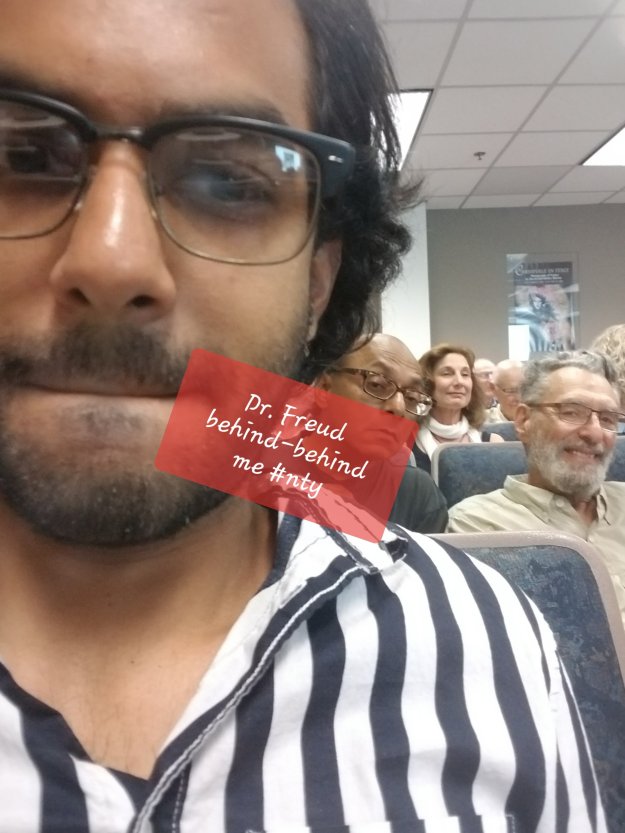What is “personalism”?
Last December’s series on existential humanism stated the concept of person to be a subset of human.
What does an ideology of persons–personalism–look like?
People may be said to be:
- Physical – People’s bodies are composed of matter. Further, people interact with other physical objects.
- Biological – People breathe, eat, and drink; and a great many of them fornicate and reproduce.
- Temporal – People are born, they live, and they die; they experience time.
- Cultural – People are embedded in cultures characterized by unique but shared ways of being.
- Social – People participate in societies consisting of concrete relations between themselves and others.
- Economic – People are agents who trade goods and services with one another in marketplaces.
- Technological – People invent and utilize tools to perform tasks they were previously unable or less able to accomplish.
- Artistic – People express themselves through the creation of original works such as paintings and songs.
- Intellectual – People aim to comprehend reality and achieve accurate understandings of it.
- Moral – People have unique and shared ideas of wrong versus right action.
- Spiritual – People seek enlightenment, wisdom, and contact with the divine or supernatural via practices such as meditation and prayer.
- Religious – People worship what they deem as sacred (e.g., God or Gods) through rituals and organized communion.
- Political – People negotiate and have interests that are in line or at odds with those of others.
- Athletic – Whether for fitness or organized play, people exercise their bodies and minds.
- Professional – People work toward particular goals, including money and satisfaction.
- Recreational – People enjoy leisurely activities such as taking walks and attending parties.
- Linguistic – People communicate via representational symbol systems characterized by semantics, syntax, and pragmatics.
- Psychological – People have minds and engage in behaviors. More specifically, they think, feel, are motivated, have personalities, interact with situations, sense, perceive, experience.
For the full source paper discussing the above list, visit: https://psyarxiv.com/fnjte/



